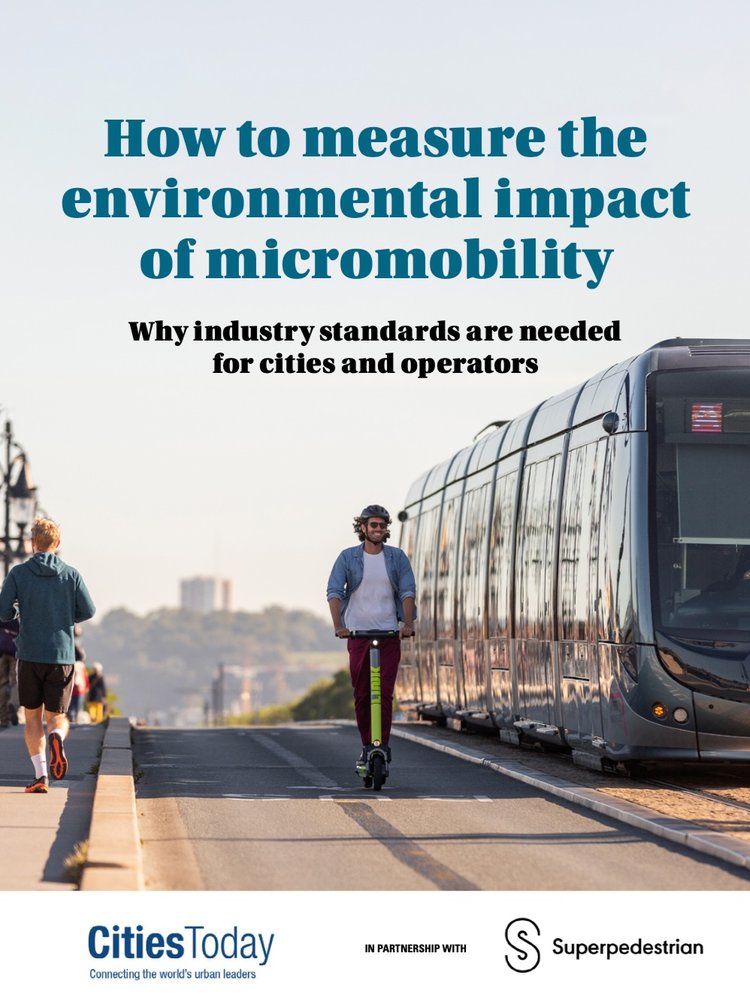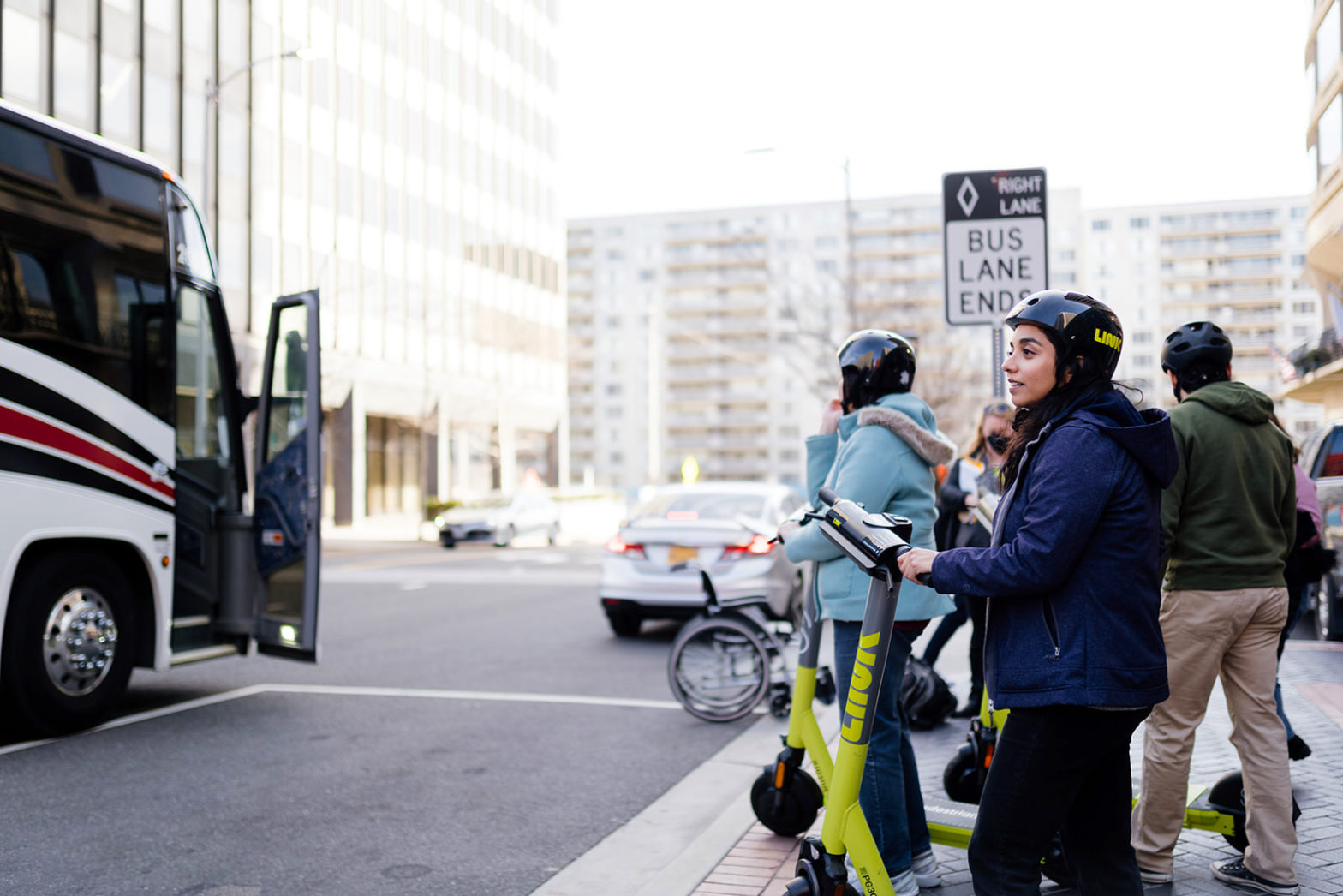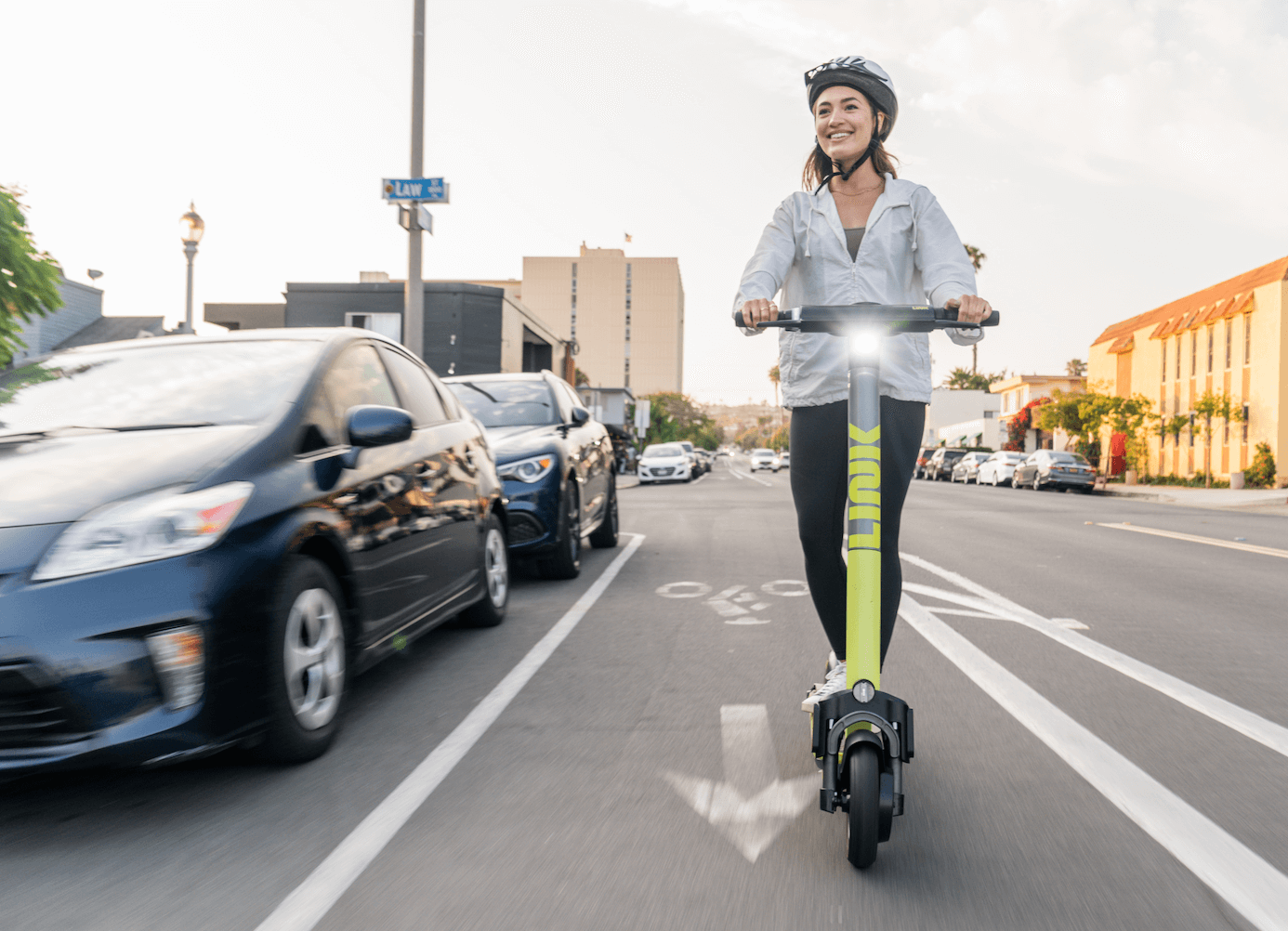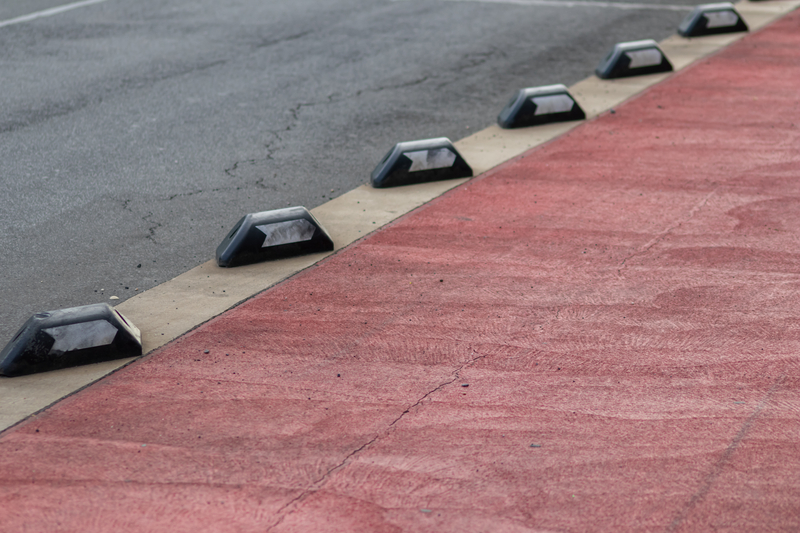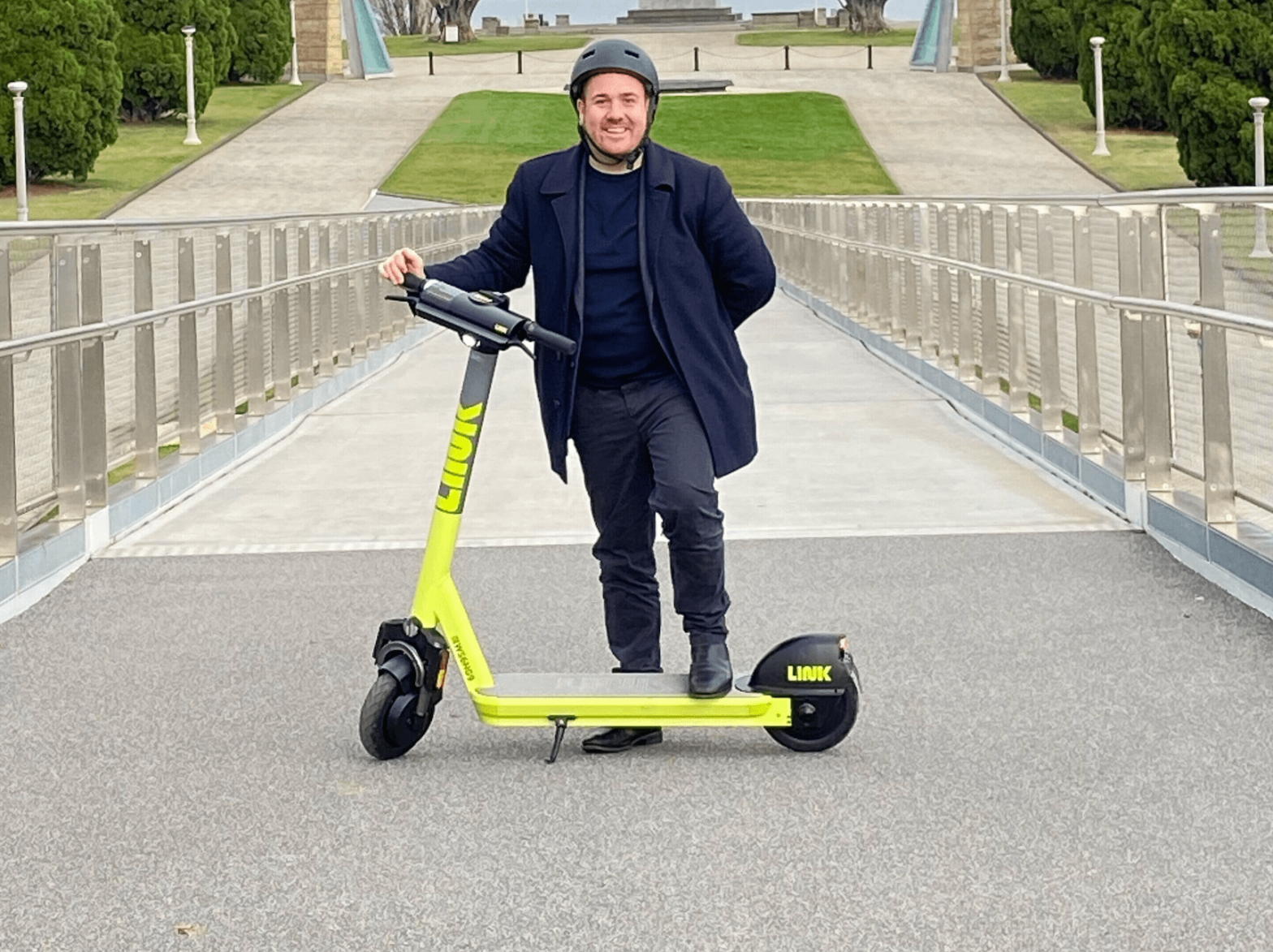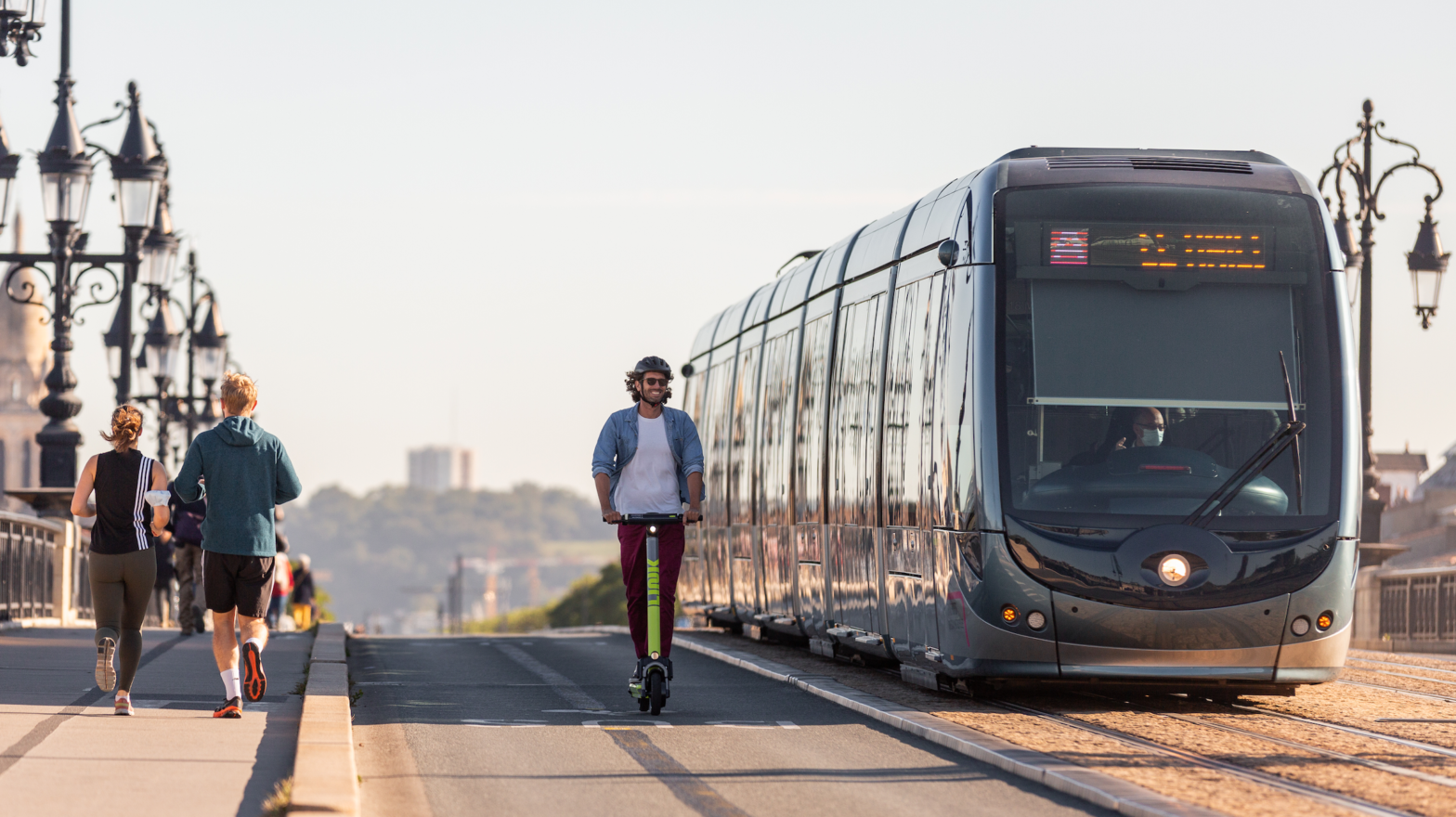
Photo: Superpedestrian
Standardised environmental assessment for e-scooters to be launched
09 March 2023
A group of e-scooter companies, cities and other experts are working together to establish standards for assessing the emissions of e-scooters throughout their whole lifecycle.
The new recommendations, to be launched in spring, will allow cities – which are increasingly focused on the environmental impact of micromobility – to better assess each operator’s sustainability metrics in the permit selection process.
Initiated by shared e-scooter company Superpedestrian in November 2021, the working group is headed by the New Urban Mobility Alliance (NUMO) and includes representation from major operators including Lime, Bolt, Tier, Bird, Lyft and Spin. Seven cities are also participating, including Seattle, Los Angeles and Oslo, as well as lifecycle assessment expert Anne de Bortoli of Polytechnique Montreal (CIRAIG).
“We know that micromobility is making a positive environmental impact in cities by displacing car traffic. However, the industry lacks ways to fully capture the environmental impacts, which makes it difficult for cities to draw a direct connection between human-scale transportation and their sustainability goals,” said Jamie Perkins, Director of Communications at Superpedestrian. “Finally, the industry and cities are working together to standardise the process for measuring micromobility’s substantial environmental benefits.”
Holistic assessment
A new white paper, commissioned by Superpedestrian and produced by the Cities Today Studio, has been released to coincide with the announcement of the working group.
It details how the industry is moving forward to measure the sustainability impact of micromobility. The report brings together government representatives, system operators and research experts to explain the need for standardised environmental impact measurements for e-scooters. It also details ways that operators are already making the industry more sustainable, such as using long-range or swappable batteries.

A lifecycle assessment (LCA)is a way of measuring the emissions from a product or service that takes into account emissions from the vehicle’s entire lifecycle.
“It’s not just emissions created while the vehicle is operating, but also emissions that come from extracting the raw materials, manufacturing it, shipping it, and servicing it, as well as the electricity that is used to power it,” explained Leah Lazer, Research Associate at the World Resources Institute and NUMO, who features in the white paper.
Need for standards
While cities are increasingly asking for LCAs in their selection process, it is still very difficult to compare one to another as a range of different approaches and assumptions are used. LCAs are also resource and time-intensive. They require extensive collaboration across departments, companies and suppliers. The work is further complicated due to the lack of a standard framework, until now, which required each company to start from scratch when creating their LCAs.
“Companies that are more rigorous or transparent might end up reporting higher emissions and be penalised instead of rewarded for their transparency, which is the opposite of the incentives we want to create,” said Lazer.
The report interviews government officials from Washington DC, Bordeaux, Chicago and Milton Keynes – four cities that all point to achieving sustainability gains as a driving force behind their scooter programmes.
Right time
Sharada Strasmore, the former Shared Micromobility Planner, at the District Department of Transportation, Washington DC, explained that as companies have continued to mature, and the hardware and software of the scooters have become more innovative, she feels the sector as a whole is in a more stable position to allow cities to properly assess their sustainability.
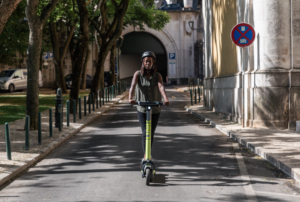
“While sustainability is one of the programme goals, such as MoveDC and SustainableDC, assessing the data and how a company chooses to address sustainability has always been difficult without a standardisation or LCA best practice,” she adds. “[This new standard] will offer the opportunity for industry, regulators and experts to have this conversation in a low-stakes environment to reach best practices.”
Haya Verwoord Douidri, Executive Vice President, global market development, policy and strategy at Superpedestrian, said that her main wish is to have honest conversations with cities and other operators so as to achieve bigger sustainable goals.
“All of this requires collaboration and LCAs are a part of the sustainability initiatives that will help reduce emissions,” she said. “It’s concrete, it’s happening, it’s not just a theory or a plan. It’s a very practical way to transition.”
To download the white paper, see: https://superpedestrian.com/how-to-measure-the-environmental-impact-of-micromobility


